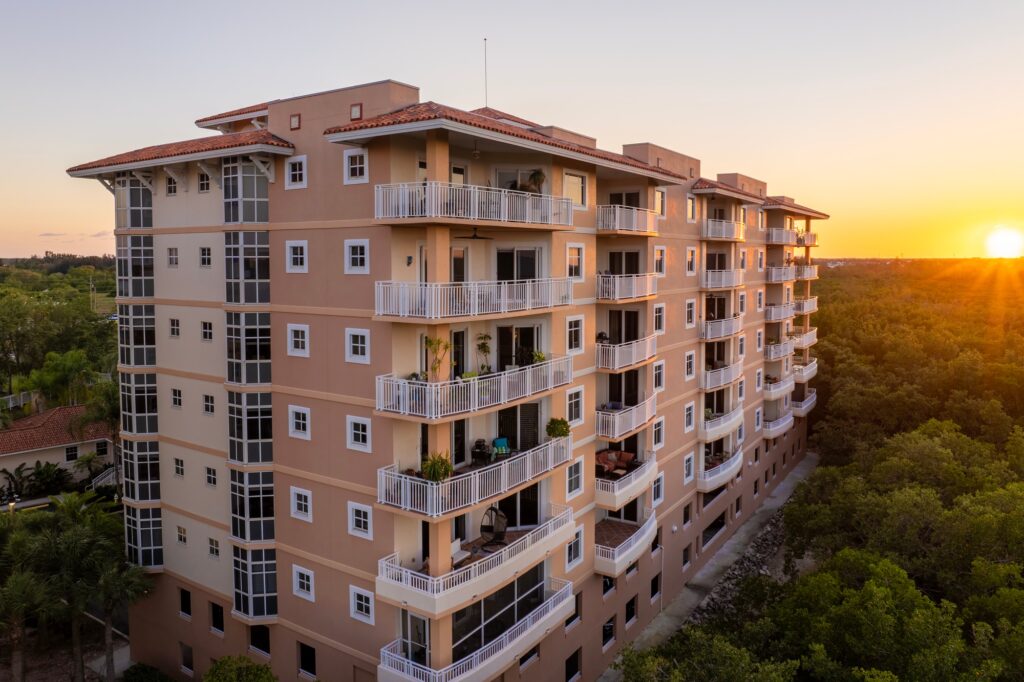Renters insurance is a smart way to protect your belongings and financial well-being. But how much does it typically cost? The answer depends on several factors, like where you live, the type of coverage you need, and any risks unique to your area. This guide breaks down the average costs, what influences your premium, and how to find affordable options, especially if you’re renting in Florida. Let’s make it simple to understand renters insurance and how it fits into your budget.
What Is Renters Insurance?
Renters insurance is a type of policy that protects people who rent their homes. It covers your personal belongings if they get damaged or stolen. It can also help with liability situations, like if someone gets hurt on your property and you’re responsible. This affordable insurance gives peace of mind and can save you from large unexpected expenses.
Why Renters Insurance Is Important
Renters insurance plays an important role in protecting your financial security. Here are some reasons why it’s a must-have:
- Protects Your Belongings
If a fire or theft occurs, renters insurance can help replace your items. The average person owns over $20,000 worth of personal property, which can be difficult to replace out-of-pocket. - Liability Protection
If someone slips and falls in your rental, you could be held liable for their medical bills. Renters insurance often includes liability coverage for these situations. - Covers Temporary Housing Costs
If your rental becomes unlivable due to a covered disaster, renters insurance can pay for a hotel or temporary housing. - Peace of Mind
Knowing that you’re covered in case of unexpected events helps reduce stress. You don’t have to worry about major expenses derailing your finances.
Considering how affordable it is (the average renters insurance cost in the U.S. is about $15 a month), this small investment gives you a safety net you can rely on.
What Is the Average Cost of Renters Insurance?
Understanding the average cost of renters insurance can help you plan your budget. The price is usually affordable but varies depending on where you live and other factors.
National Average Cost
Across the U.S., the average renters insurance cost is about $15 to $20 per month. This works out to $180 to $240 per year. But location matters. For example, tenants in North Dakota might pay as little as $120 per year, while renters in Mississippi, prone to severe weather, often pay closer to $250 annually.
Here are some other factors that can affect the national average cost:
- Size of the Rental: Larger spaces may increase your premium because they could hold more belongings.
- Coverage Levels: A basic policy costs less than one with add-ons, like extra liability coverage.
Renters insurance is one of the most affordable coverage options in the insurance world. Even with some variations, it’s within reach for most people.
Florida’s Average Cost
Renters insurance in Florida tends to be a little higher than the national average. The typical renter pays about $20 to $30 per month, or $240 to $360 annually. This higher rate is due to regional risks. Florida is particularly vulnerable to hurricanes and flooding, both of which can impact insurance pricing.
For areas like Fort Myers:
- Weather Risks: Hurricanes and tropical storms increase premiums. Insurers often price policies higher in regions prone to large-scale damages.
- Flood Risks: While renters insurance doesn’t cover flooding by default, opting for this add-on can significantly influence costs.
Renters in Florida often find the added expense worthwhile. The protection renters insurance gives can far outweigh its monthly cost.
What Factors Influence Renters Insurance Premiums?
Several things affect how much you pay for renters insurance. Understanding these factors can help you figure out what might drive your costs up or down.
Coverage Amount
The amount of coverage you choose is a big factor in your renters insurance cost.
- Personal Belongings Coverage
Policies covering more valuable belongings typically cost more. For example, insuring $30,000 worth of items will cost more than insuring $15,000. If you have expensive electronics or jewelry, you might need a higher limit. - Liability Coverage Limit
Standard renters policies usually include $100,000 in liability coverage. However, you can increase this limit for a higher premium. If you frequently have guests or own pets, higher liability coverage might be worth it.
Location-Specific Risks
Where you live also affects your premium.
- Crime Rates
If your rental is in an area with a high crime rate, such as theft or vandalism, insurers may charge higher premiums. - Proximity to Emergency Services
Living near fire stations or hydrants can save you money. But being far from these services could increase your cost. - Natural Disasters
Places prone to hurricanes, tornadoes, or wildfires often come with higher premiums. For example, in Florida, the risk of hurricanes makes policies more expensive.
Type of Rental Property
Your rental’s size, age, and type also matter.
- Apartment vs. Single-Family Home
An apartment often costs less to insure than a standalone house. Homes may be larger, which increases coverage needs. - Building’s Age and Condition
Old buildings might have outdated wiring or plumbing that increases fire or water damage risks. These factors can raise your premiums.
Personal Factors
Insurers also look at individual details when setting up your renters insurance cost.
- Credit Score
A strong credit score can lower your premium. Poor credit might lead to higher rates. - Claims History
If you’ve filed claims in the past, insurers may see you as higher risk and charge more. - Roommates
Having roommates may complicate your policy. Some providers charge extra or require separate coverage. - High-Value Items
Owning pricey items like artwork, collectibles, or expensive electronics can raise costs if you want them fully covered.
By understanding these factors, you can make informed choices about your coverage and find ways to get the best price.
What Does Renters Insurance Typically Cover?
Renters insurance offers coverage for the unexpected. Knowing what’s included in your policy can help you make the most of your protection.
Standard Coverages
Most renters insurance policies provide these basic protections:
- Personal Property Coverage
This covers your belongings if they’re damaged, destroyed, or stolen due to covered events. These events often include fire, theft, vandalism, or certain natural disasters. For example, if a fire destroys your furniture and electronics, the policy will help pay for replacements. Keep in mind, the average policy covers around $20,000 to $30,000 in personal property, but you can adjust this amount. - Liability Coverage
If someone gets hurt in your rental or you accidentally damage their property, this part of the policy steps in. For instance, if a guest falls and injures themselves, renters insurance helps cover medical costs or legal fees. Most policies start with $100,000 in liability coverage. - Additional Living Expenses (ALE)
If your rental becomes uninhabitable due to a disaster like a fire, ALE covers temporary housing costs. This might include hotel stays, dining out, or laundry services. The goal is to ease the financial stress when you’re displaced.
Optional Add-Ons
Every renter’s needs are different, so insurance companies offer extra coverages you can add to your policy. This can raise your renters insurance cost, but it provides peace of mind for unique situations.
- Flood Insurance
Standard renters policies don’t cover floods. If you live in an area like Fort Myers, where flooding is common, adding this coverage is a smart move. - Coverage for High-Value Items
Pricier belongings like jewelry, art, or rare collectibles often have coverage limits under a basic policy. You can schedule these items for full protection. - Identity Theft Protection
Some policies offer help if your identity is stolen. This may include covering legal fees or helping you restore your credit.
Understanding what’s covered (and what’s not) can help you choose the right renters insurance policy for your needs. It also ensures you’re not caught off guard when filing a claim.
Renters Insurance in Fort Myers, Florida
Fort Myers residents face unique risks that can impact their renters insurance cost. From hurricanes to flooding, understanding local factors is essential for finding the best coverage.
Local Considerations in Fort Myers
Living in a coastal city like Fort Myers comes with specific challenges. Here’s how these factors affect your renters insurance:
- Hurricane Risks
Florida averages two hurricane strikes every three years. Renters in Fort Myers should prioritize coverage for wind damage. While renters insurance typically covers this, double-check your policy details. - Flooding Risks
Fort Myers is in a high-risk flood zone. Standard renters insurance doesn’t cover flood damage. Adding separate flood insurance is essential if you live in this region. The average flood insurance policy costs about $750 annually in Florida but varies based on your exact location. - Tropical Storms and Heavy Rains
Even outside of hurricanes, seasonal storms are common. Renters should prepare for water damage, which may or may not be included in their standard policy. - Cost Trends in the Area
On average, the renters insurance cost in Florida is about $20 to $30 per month. However, areas like Fort Myers often see higher premiums due to weather risks. Knowing these regional price trends helps you budget accordingly.
Finding an Insurance Provider in Fort Myers
Selecting the right provider ensures you get the coverage you need at a fair price. Here’s how to find the best renters insurance in Fort Myers:
- Work with Local Experts
Local insurance agencies understand Fort Myers-specific risks like hurricanes and flooding. They can guide you in choosing appropriate coverages and add-ons. - Compare Quotes
Contact multiple insurance companies to compare rates. Look for policies that balance affordability with comprehensive coverage. - Ask About Discounts
Providers often offer discounts for bundling policies like renters and auto insurance. Some may offer reduced rates for having safety features like smoke detectors or alarm systems in your home. - Check Reviews and Customer Service
Read reviews to ensure the company handles claims quickly and fairly. This can make a big difference during stressful times.
Investing in renters insurance tailored to Fort Myers’ unique needs can protect your belongings and provide financial relief after unexpected events. Working with a local provider ensures you’re prepared for the risks that come with living in this beautiful coastal city.
Tips for Saving Money on Renters Insurance
Renters insurance is affordable, but there are easy ways to lower the cost even more. Here are some practical tips to help you save.
Shop Around for Quotes
Not all insurance companies price policies the same way. Comparing quotes from at least three providers can help you find the best deal.
- Websites and apps make it easy to get multiple quotes in minutes.
- According to a 2022 study, people who shop around can save up to 25% on their renters insurance cost.
Taking the time to compare options is a simple step that can pay off.
Bundle Policies
Many insurance companies offer discounts if you bundle different types of policies.
- Combining renters insurance with auto insurance can save you anywhere from 5% to 20% on your premiums.
- Ask your current insurer if they provide bundle discounts for existing customers.
Bundling not only saves money but also simplifies managing your policies.
Increase Your Deductible
The deductible is the amount you pay out of pocket before your insurance kicks in.
- Choosing a higher deductible can lower your monthly premium.
- For example, raising your deductible from $500 to $1,000 might save you 10% or more on your renters insurance cost.
Just make sure you have enough savings to cover the deductible in case you need to file a claim.
Install Safety Features in Your Home
Adding safety devices to your rental can make a big difference in your premium.
- Devices like smoke detectors, deadbolt locks, and security systems can reduce the risk of loss.
- Insurers may offer discounts of 5% or more for homes equipped with these features.
Check with your landlord to see if they’re willing to install these upgrades if they’re not already in place.
Ask for Discounts
Many insurers offer additional discounts that you might not know about.
- Some companies give loyalty discounts for renewing your policy with them year after year.
- Others offer savings for students, teachers, or military members.
- If you’ve never filed an insurance claim, you might qualify for a “claims-free” discount, too.
Don’t hesitate to ask your insurance agent what discounts apply to you. The savings could add up to significantly cut your renters insurance cost.
By using these tips, you can get the coverage you need at a price that fits your budget. Saving money on renters insurance doesn’t mean sacrificing peace of mind.
Renters insurance offers valuable protection for your belongings and peace of mind. We covered the average costs, the factors that influence premiums, and the types of coverage available. You also learned practical tips to save money and how renters insurance applies specifically in Fort Myers, Florida. Protecting yourself doesn’t have to break the bank. Contact us today to get a personalized quote and learn more about affordable renters insurance options.







